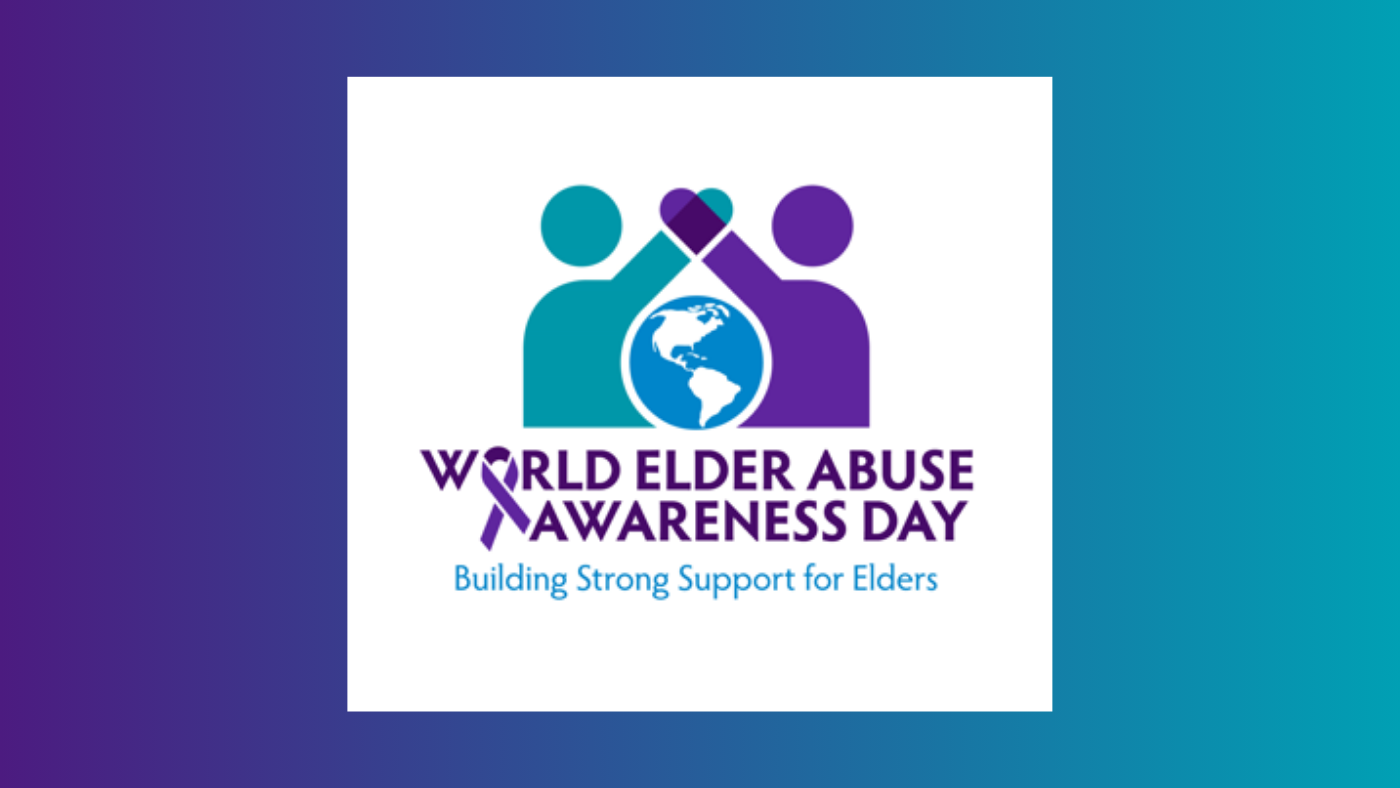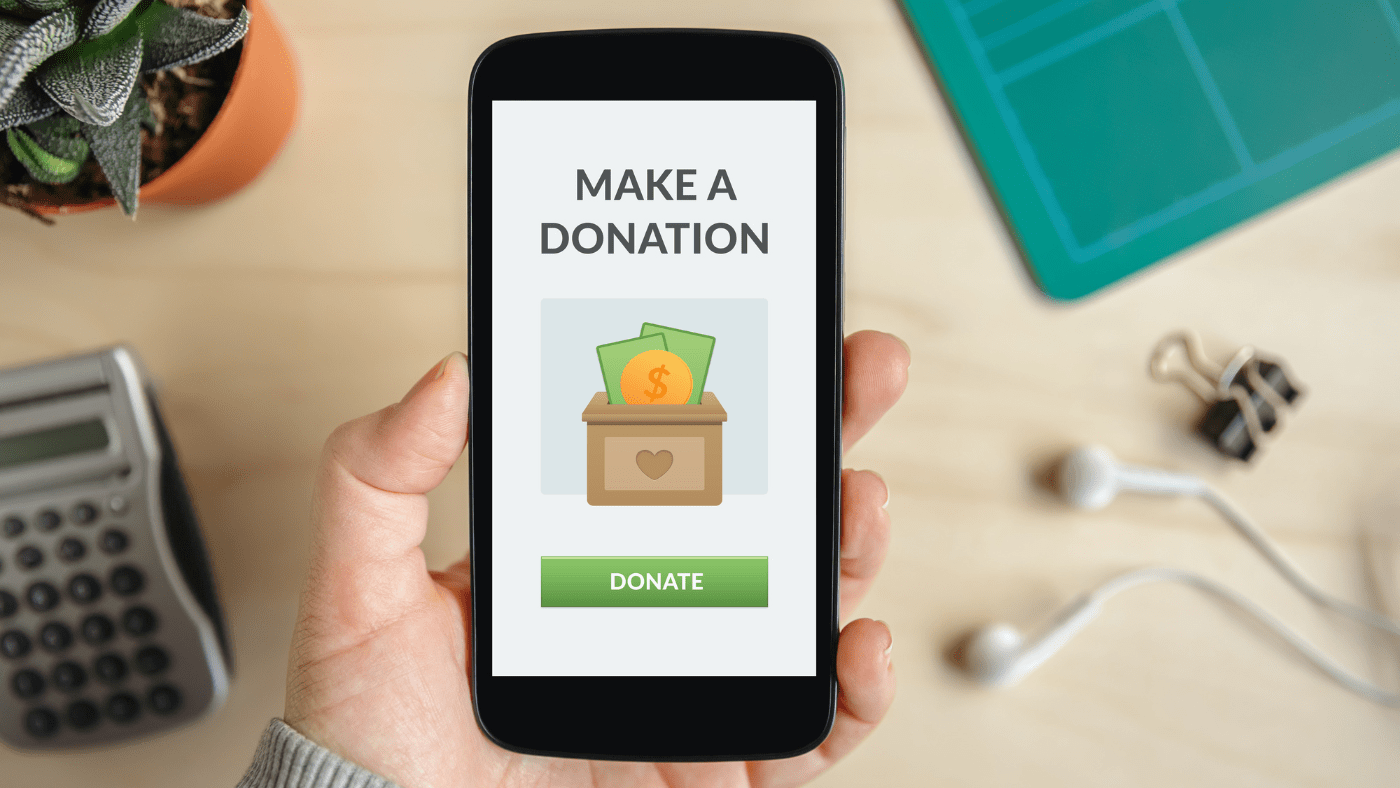Have you or a loved one been contacted by someone claiming affiliation with a government agency? Older adults are targeted with misinformation daily. In 2022, older adults reported losing more than $186 million to government imposter scams.
Criminals often see older adults as easy targets due to their perceived vulnerability and trusting natures. To combat this issue, VA is collaborating with other federal government agencies, through increased awareness and proactive measures, on an initiative to help protect older adults by sharing information on how to identify and report scams.
In commemoration of World Elder Abuse Awareness Day (WEAAD) on June 14, VA is highlighting the types of scams affecting the elderly community.
Fraudsters can use a variety of tactics, including aggressive calling, texting, emails, websites, messages on social media and deceptive letters to pressure senior citizens into providing their personal information, such as social security numbers, bank account details, login credentials, medical records or credit card information. They can also aim to scam the elderly community by:
- Pretending to represent an official government agency or someone they trust.
- Mentioning there’s a problem or offering a prize.
- Pressuring them to act immediately.
- Telling them to pay in a specific way (i.e. gift cards, PayPal, etc.) or provide personal information.
Common government imposter scams involve fraudsters pretending to be from the Social Security Administration (SSA), Internal Revenue Service (IRS), Medicare, VA, utility companies or even charities. These scams are a growing threat and can result in significant financial loss, identity theft and emotional distress. To avoid being a victim of government imposter scams and other fraud schemes, it is important to follow these helpful tips:
- Hang up or ignore suspicious calls or messages. Government agencies will never demand immediate action or payment. If in doubt, contact the government agency directly using their official contact information.
- Do not click on links in unexpected emails, texts or social media messages. Government websites always use a .gov domain.
- Do not respond to, pay, or share personal or financial information with anyone via social media, email or the telephone.
- Avoid sharing personally identifiable information (PII) (e.g., eBenefits, VA.gov, or any other VA login credentials, Social Security Numbers, Claim Numbers, mother’s maiden name, etc.) or verification codes with anyone.
- Be wary of requests to move money from bank, investment or retirement accounts.
- Download strong antivirus software, utilize multi-factor authentication, and frequently change and maintain strong passwords.
- Report instances of suspicious activity and fraud through ReportFraud.ftc.gov
World Elder Abuse Awareness Day is a reminder of the Department’s collective responsibility to safeguard older adults from scams. VA is committed to educating Veterans, family members, survivors and caregivers about ongoing fraud threats, especially those targeting the elderly community.
To stay updated on the latest scams, visit How to Avoid Imposter Scams. VA also provides comprehensive fraud prevention resources. Veterans who suspect they have experienced fraud involving their VA Benefits can contact the VA Benefits Hotline at 1-800-827-1000. Veterans can also learn more about fraud prevention by visiting the Protecting Veterans from Fraud webpage.
Topics in this story
More Stories
In this news post, we explore the various options designed to keep you in your home, offering hope and possible solutions for when/if you experience financial hardship.
Vietnam Veteran David Chee is among the many Native American Veterans and service members who have dedicated their lives to military service. Chee proudly served with the Army's 82nd Airborne, parachuting into the jungles of Vietnam. Chee now owns a home he purchased on Navajo tribal lands with the help of the VA Native American Direct Loan.
For Veterans, donating to charities—especially those that support fellow service members—feels like a meaningful way to give back to the community. However, Veterans and their loved ones must remain vigilant and learn to protect themselves from charity scams.






